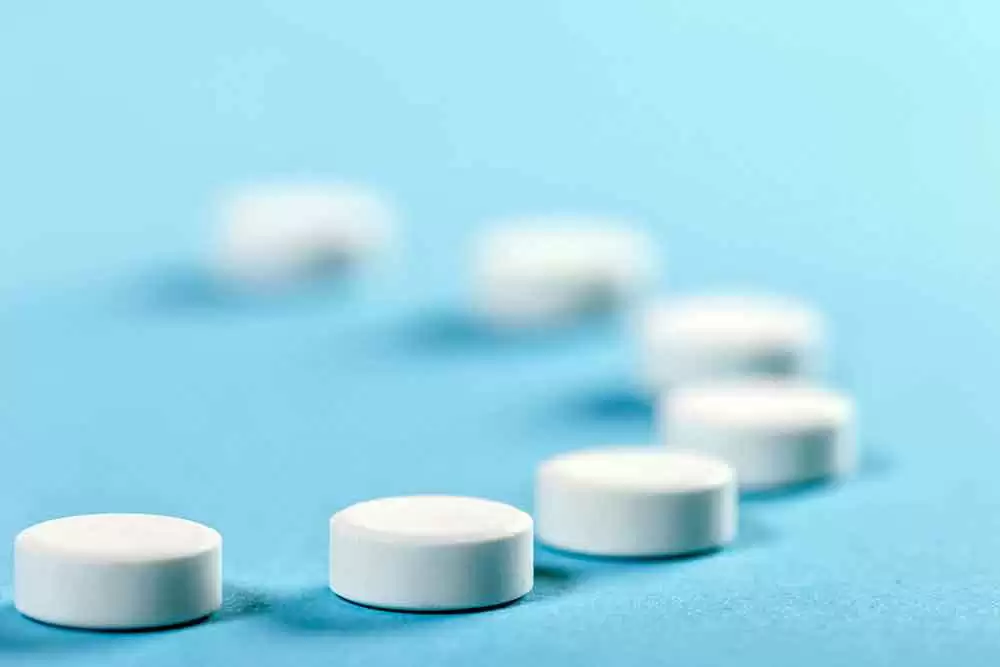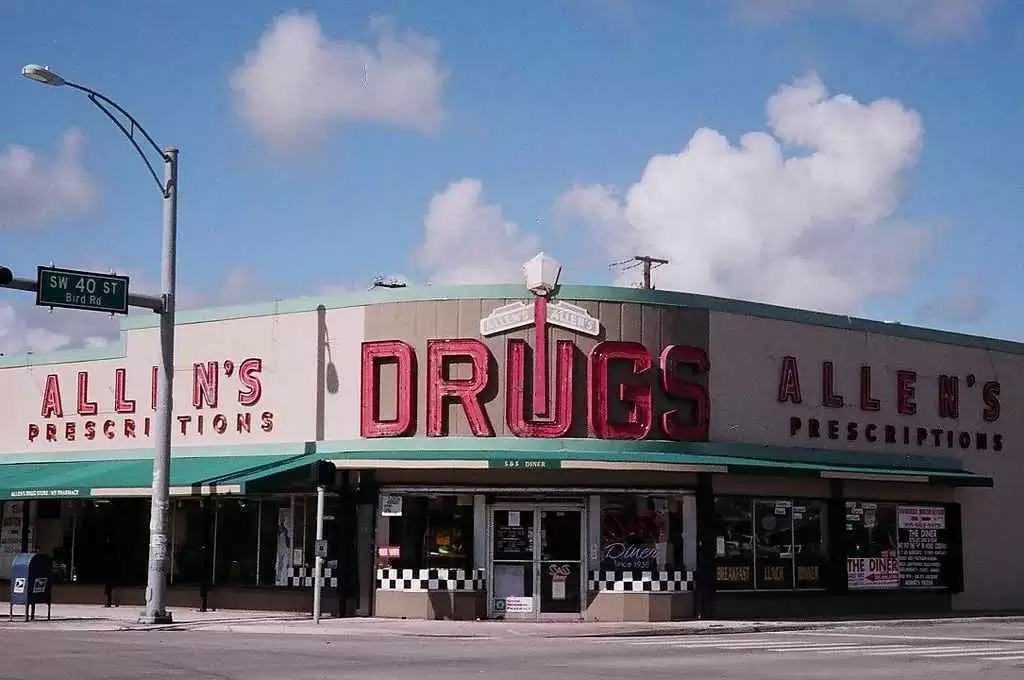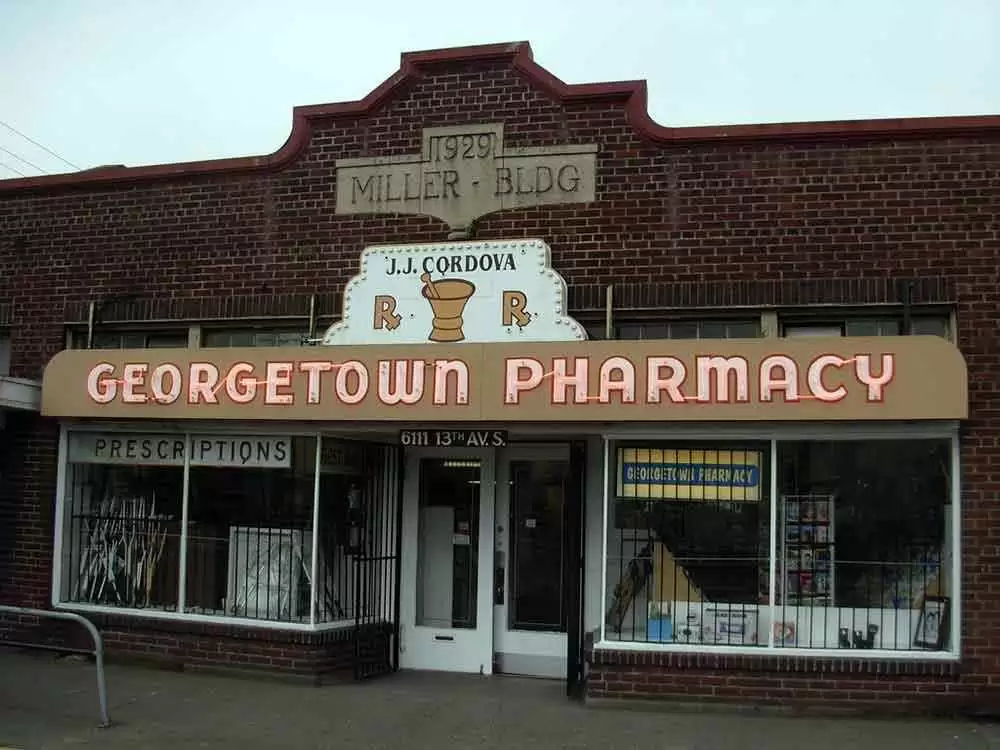
Celiac.com 04/15/2019 - A new report says pills often contain so-called “inactive” ingredients that can cause allergic or gastrointestinal reactions in some people sensitive to specific compounds, and gluten and lactose are at the top of the list of offenders.
Researchers from the Massachusetts Institute of Technology and Boston’s Brigham and Women’s Hospital analyzed data on inactive ingredients from a database of more than 42,000 prescription and over-the-counter medicines. An average pill contains eight inactive ingredients, but some contain 20 or more.
Celiac.com Sponsor (A12):
For the patient of one doctor, Dr. Giovanni Traverso, a Brigham gastroenterologist, hidden gluten in a new prescription was causing a reaction and making him sicker. The man had celiac disease. “There’s a tremendous under-appreciation of the potential impact that inactive ingredients may have,” said Dr. Traverso.
As per Neergard's report, the team found that:
- Nearly half of the analyzed medications contained lactose. Usually, not enough for most lactose-intolerant people to notice, but enough that someone taking common medications for high blood pressure and cholesterol could ingest about a thousand milligrams a day.
- A third of medications contained a food dye associated with allergic reactions. This is a concern for anyone with allergies to food dyes.
- More than half of medications contained at least one kind of sugar that irritable bowel syndrome patients should avoid.
- Nearly twenty percent of drug makers said their products contain gluten, usually in the form of wheat starch. This is a potential problem for people with celiac disease, who should try to avoid gluten altogether, but who can have reactions to as little as 1.5 milligrams a day. Worse still, drug labels may list nothing more than 'starch.'
Most people don't need to worry in general. These reactions remain extremely rare. For most people, even those with sensitivities, the amount of gluten, or lactose, or other inactive ingredients is too small to trigger a reaction.
However, Dr. Traverso reminds the public that refills can sometimes use differently formulated drugs from a different company, and advises patients to check the label every time.
Your doctor or pharmacist can be a useful resource for helping to make sure your drugs and medications are free from gluten, dairy, lactose and other allergens. Still they are not infallible, a recent report suggests that local pharmacists may need more training to get up to speed on gluten in drugs and medicines. One takeaway here is that celiac patients should remain vigilant. Check with doctors and pharmacists, but be ready to do your own detective work. Check directly with manufacturers, or ask your doctor or pharmacist to help.
Read more at APNews.com








Recommended Comments
Create an account or sign in to comment
You need to be a member in order to leave a comment
Create an account
Sign up for a new account in our community. It's easy!
Register a new accountSign in
Already have an account? Sign in here.
Sign In Now